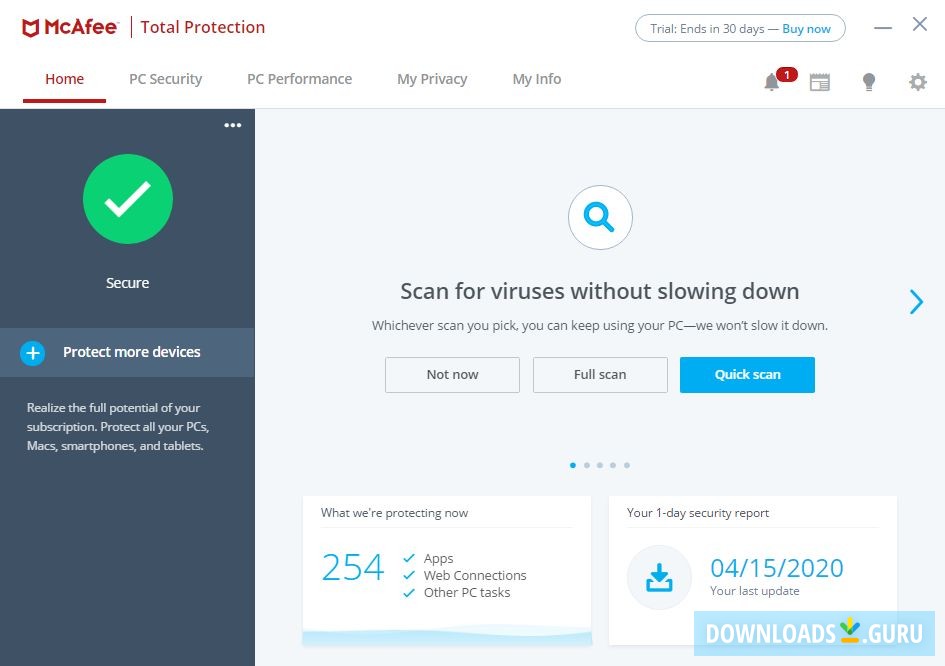

The 911 user interface, as it existed when the service first launched in 2016. In this scenario, users indeed get to use a free VPN service, but they are often unaware that doing so will turn their computer into a proxy that lets others use their Internet address to transact online. But some of them - like 911 - build their networks in part by offering “free VPN” or “free proxy” services that are powered by software which turns the user’s PC into a traffic relay for other users. Residential proxy services are often marketed to people seeking the ability to evade country-specific blocking by the major movie and media streaming providers. These services can be used in a legitimate manner for several business purposes - such as price comparisons or sales intelligence - but they are massively abused for hiding cybercrime activity because they can make it difficult to trace malicious traffic to its original source. But new research shows the proxy service has a long history of purchasing installations via shady “pay-per-install” affiliate marketing schemes, some of which 911 operated on its own.ĩ11re is one of the original “ residential proxy” networks, which allow someone to rent a residential IP address to use as a relay for his/her Internet communications, providing anonymity and the advantage of being perceived as a residential user surfing the web.įrom a website’s perspective, the IP traffic of a residential proxy network user appears to originate from the rented residential IP address, not from the proxy service customer. 911 says its network is made up entirely of users who voluntarily install its “free VPN” software. For the past seven years, an online service known as 911 has sold access to hundreds of thousands of Microsoft Windows computers daily, allowing customers to route their Internet traffic through PCs in virtually any country or city around the globe - but predominantly in the United States.


 0 kommentar(er)
0 kommentar(er)
